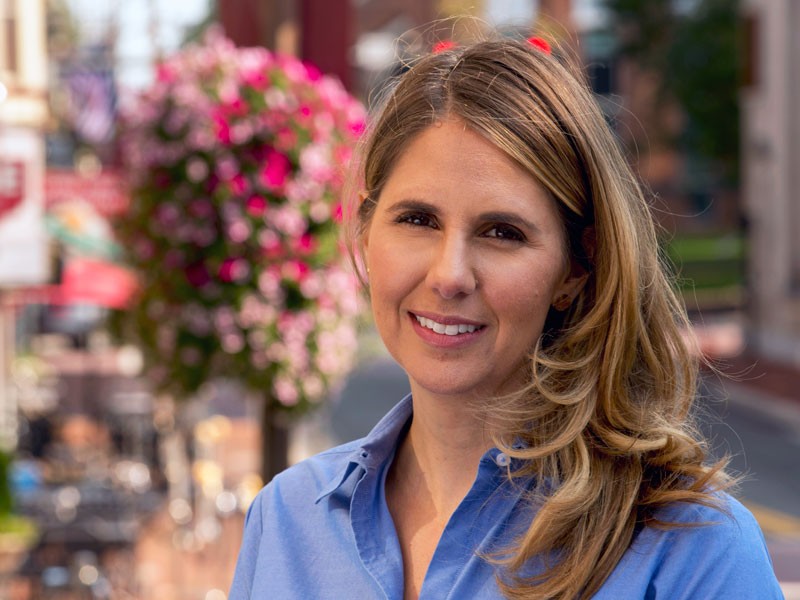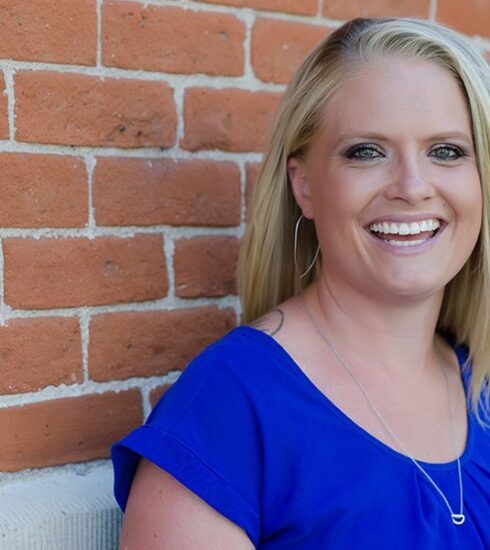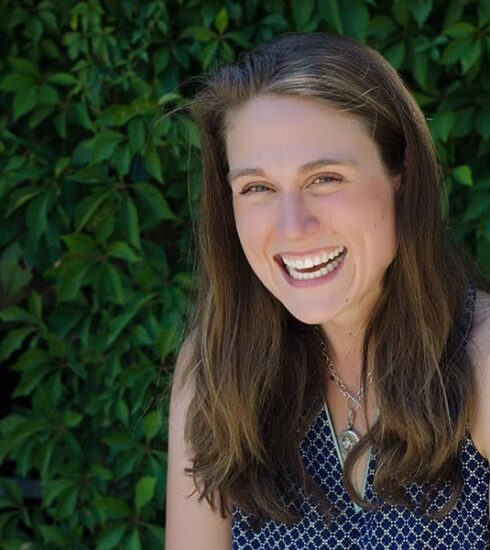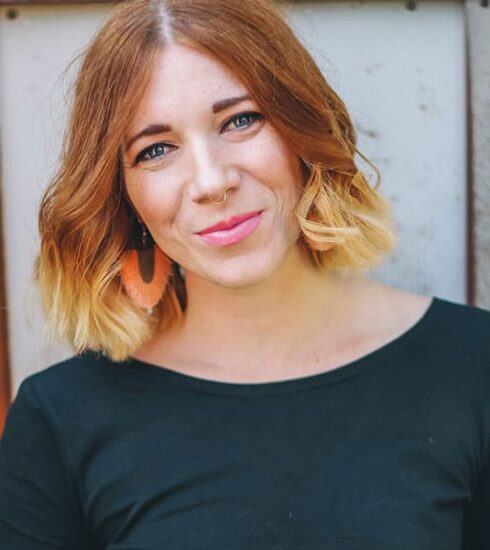Alison Friedman Fights Slavery with Supply Chain Transparency
By Melissa Jane Kronfeld & Megan Legband
Alison Friedman has spent her life working to combat injustice through nonprofit work and public policy. After receiving her B.A. in Political Science from Stanford University in 2001, Alison served as the Director of the San Francisco Office of People of the American Way from 2002 to 2005. In 2007, Alison used her experience and passion to start the Alliance to Stop Slavery and End Trafficking (ASSET).
From 2010 to 2014, Alison served in the State Department, where she helped author a law to fight slavery and increase transparency in supply chains, which has since become the standard international model. Beginning in 2015, Alison became the Vice President and Director of Country Relations for the Global Fund to End Slavery. And by 2017 she completed her Executive MBA at Oxford University.
Alison’s passion for ending human trafficking has manifested itself in a commitment to holding companies accountable for keeping their supply chains verified, as well as encouraging consumers to make thoughtful, ethical choices. And now Alison is now running as a first-time candidate for Congress in Virginia’s 10th District to ensure that human trafficking is combated in her home state and across the world.
Check out what happened when we caught up with Alison to talk about the fight to #EndSlaveryNow!
What is one fact that every person should know about slavery?
That solutions exist, but the fight against it is woefully under-resourced.
How did you first learn about modern slavery & what did you decide to do about it?
I had a friend who asked me to meet with some friends of his who were organizing to combat modern slavery around the world. I had no idea how close to home their work would hit. When they started talking about how many of the products we buy have been produced by forced labor around the world, I was shocked. Yet, I was hopeful—believing that if people understood what was happening to manufacture the goods we love, they would insist on changes—so I helped write a law that required companies to disclose their policies.
What is the most critical obstacle preventing us from having a slave free world?
I believe that the world needs start-up capital to invest in freedom. A lot of the solutions we’ve found can self-sustain and even yield profits over time. However, the initial courage among governments and corporations to invest and build systems to ensure freedom is what we need to allow those solutions to thrive.
What is the most important lesson you have learned while fighting for freedom?
I’ve learned that survivors are experts, deserving of respect, compensation, and policy changes. Too many in the field tend to treat survivors as the stories to go along with the work. “Nothing about them without them” is as good a prerequisite as I have ever encountered.
Why do you believe the Millennial generation will be the one that can end slavery?
Because we are the innovators and the consumers; the global connective tissue and all too often (and not often enough) the conscience that comes with that responsibility.
What does a slave free world look like to you?
Productive, kind, clean, sustainable, and accountable.
What is one thing every reader can start doing right now to help end slavery?
When I first started working on the issue of human trafficking, I went to talk to one of the creators of the Global Fund to fight AIDS (which has since expanded to other diseases). I asked him how we might go about doing something similar to combat human trafficking, and he said, “Here’s the difference between you and me, Alison. Powerful people have loved ones who are dying of AIDS.
If you’re a trafficking victim, you’re not connected to anyone in power other than your trafficker. You’ll never get powerful people to care. You’ll never get a fund.” I didn’t believe him then, and now there’s proof that powerful people do care. And still, there is more work to be done. Our job is to make sure that powerful people continue to care and work towards responsible, scalable, solutions.
And there are lots of ways to be a part of the solution.
- If you are a stockholder, make sure your company is following best practices around their supply chain.
- Call the local sheriff, school board, or hospital and insist they have a survivor-informed protocol for identifying and serving survivors.
- Condition political contributions to officials on their commitments to build a budget to fight human trafficking based on what it would cost to meaningfully address it.
- Discover your Slavery Footprint and then call one company and urge them to do more.
- Post the human trafficking hotline in your local business or ask your favorite local businesses to do so.
Profiles In Abolition is an in-depth look at the influencers, innovators & thought leaders in the modern anti-slavery movement. An accompaniment to Millennial Magazine’s ongoing 10-part series exposing modern slavery – a project of the Nexus Global Youth Summit (catch up with Part One, Part Two, Part Three, Part Four & Part Five) – Profiles In Abolition will examine a diverse & inspiring array of advocates whose critical voice must be heard.
Want to learn more from the world’s leading luminaries in the fight to #EndSlaveryNow? Sign up for the Nexus Anti-Slavery Speaker Series, a weekly conference call with the men and women on the front lines of the modern abolition movement! This call is open to the public and everyone is welcome to listen in! Click here to register for free. Then learn more about modern slavery by following Nexus on Twitter, Instagram & Millennial Magazine!









